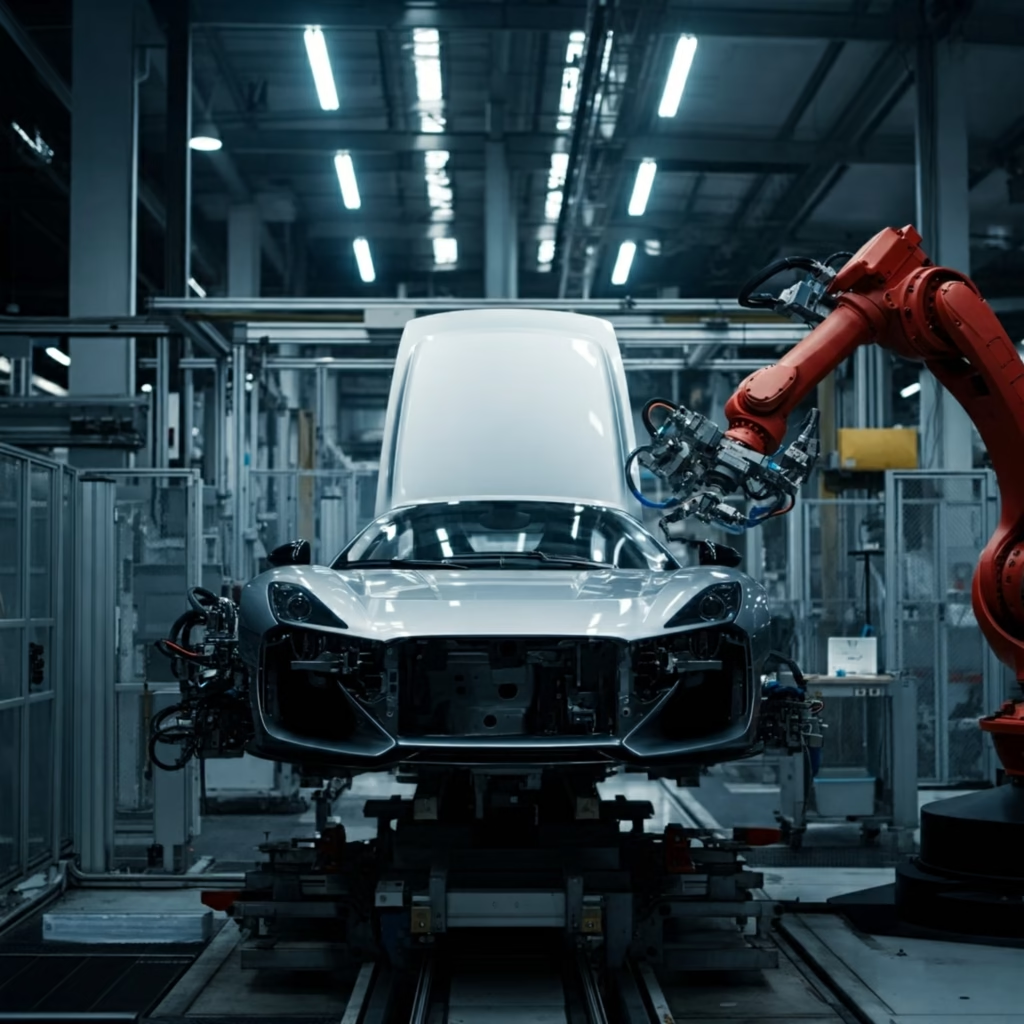Wah, Punjab, Pakistan – The world is on the cusp of a major transformation as artificial intelligence (AI) rapidly evolves, promising to reshape industries by automating routine tasks and dramatically accelerating development cycles. From manufacturing and customer service to software development and scientific research, AI is poised to become the engine of efficiency and innovation.
One of the most significant impacts of AI is its ability to automate repetitive, time-consuming tasks. In manufacturing, robots powered by AI are taking over assembly lines, increasing production speed and precision while reducing errors. In customer service, AI-powered chatbots are providing instant support, answering queries, and resolving issues, freeing up human agents to focus on more complex problems.
But the influence of AI extends far beyond simple automation. In software development, AI tools are being used to write code, identify bugs, and optimize performance, leading to faster development cycles and higher-quality software. In scientific research, AI algorithms are analyzing massive datasets, identifying patterns, and generating hypotheses at speeds unimaginable for human researchers.
“AI is not just about replacing humans,” says Dr. Ayesha Khan, a leading AI researcher based in Lahore. “It’s about augmenting human capabilities, allowing us to focus on higher-level tasks that require creativity, critical thinking, and emotional intelligence.”
This shift has profound implications for the future of work. While some jobs may be displaced by automation, new roles will emerge in AI development, maintenance, and oversight. The key lies in adapting to this changing landscape through education and upskilling.
The acceleration of development cycles driven by AI is also fueling innovation across industries. New products and services are being brought to market faster than ever before. In healthcare, AI is accelerating drug discovery and personalized medicine. In finance, it’s enabling faster and more accurate risk assessments.
However, the rise of AI also brings challenges. Ethical considerations surrounding bias in algorithms, data privacy, and job displacement need to be addressed. Governments and organizations must work together to develop responsible AI frameworks that ensure fairness, transparency, and accountability.
Despite these challenges, the potential of AI to transform industries is undeniable. As AI continues to evolve, we can expect even greater automation, faster development cycles, and a wave of innovation that will reshape our world in profound ways.



